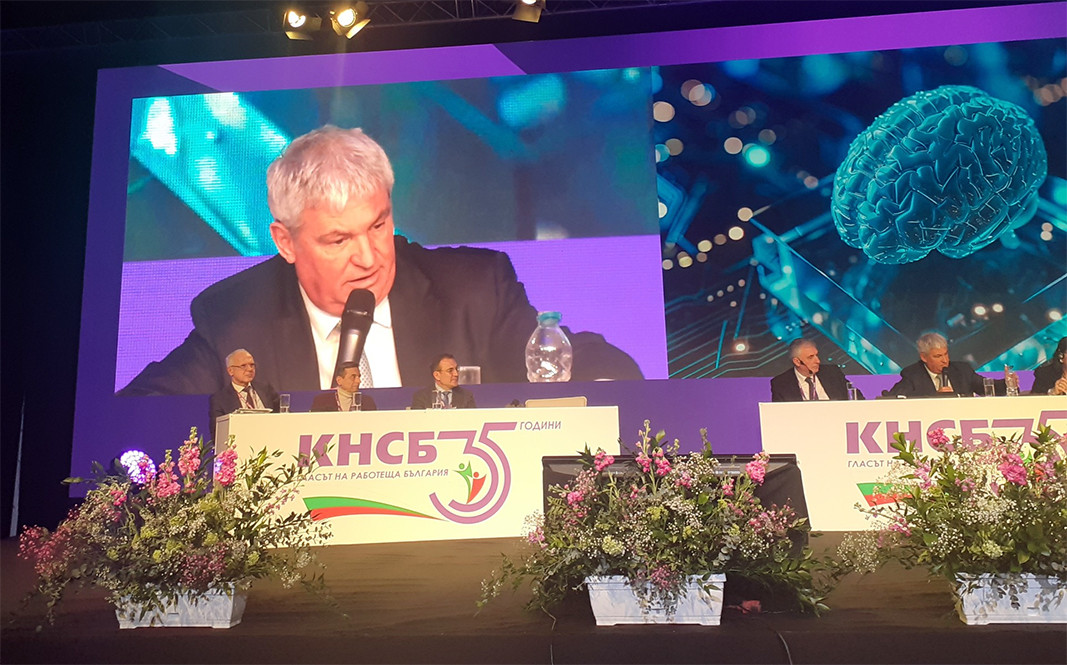In the era of increased digitalization and the penetration of artificial intelligence into all spheres of our lives, the professions of people with high qualifications and higher pay are most at risk of extinction. The least affected are jobs that require physical dexterity and craftsmanship. Globally, this is about 4-5% of employment. But the forecast is relative, since processes are unpredictable and no one can say what professions will be in demand on the market in 2075, for example.
The topic was the subject of discussion during a conference in Sofia, organized by the Confederation of Independent Trade Unions in Bulgaria (CITUB) with a focus on "green and digital changes".




"The forecasts are that in the future people will not just change jobs, but will change their professions, which changes the paradigm of educational systems. Educational systems over the past century have focused on giving students narrowly specialized knowledge. Jobs have been associated with increasing specialization. But artificial intelligence, in addition to being a skill multiplier, will much more easily replace professions and jobs that require narrowly specialized knowledge and will bring forward those that require complex skills."
It is a paradox that the more we enter the era of artificial intelligence, the more important basic skills will become, believes Minister Valchev, and explains: "For example, communication skills in the native language will be important, not so much in a foreign one. And right now, to use chat GPT, you have to ask the questions correctly, i.e. children will be more suitable in the new era if they have a broader knowledge in the humanities. Artificial intelligence developers say that they do not need programmers as much as people with in-depth mathematical skills. Mathematics will be important for all people, and it cultivates concentration, logical thinking, and creates abstract intelligence," the Minister of Education is categorical.
Photos: Gergana Mancheva, BTA, Pixabay
A new short film showcasing Bulgaria's natural beauty, resorts and leisure opportunities is set to attract tourists from China and the Middle East. Titled "Bulgaria: A Touch of Nature" and created by Stiliyan Kadrev, the 15-minuteo offers a visual..
Guided by the idea of preserving the Bulgarian spirit, culture and language, with 35 years of experience as a Bulgarian teacher and having worked in different European countries, in 2017, Iliana Boyajieva Smith founded a Bulgarian school in..
President Rumen Radev was a guest at the Elhovo holiday and the celebration of 100 years since its declaration as a town, BTA reported. According to the head of state, the border town of Elhovo "is today a place with spirit and traditions, with..
A new short film showcasing Bulgaria's natural beauty, resorts and leisure opportunities is set to attract tourists from China and the Middle East...
Guided by the idea of preserving the Bulgarian spirit, culture and language, with 35 years of experience as a Bulgarian teacher and having worked in..

+359 2 9336 661
